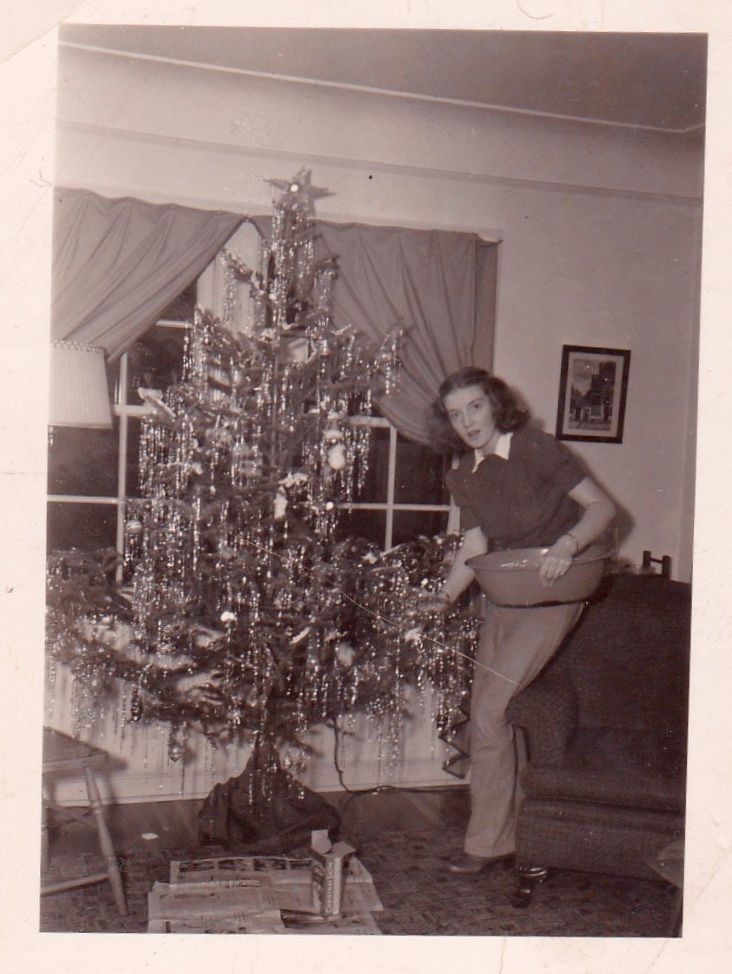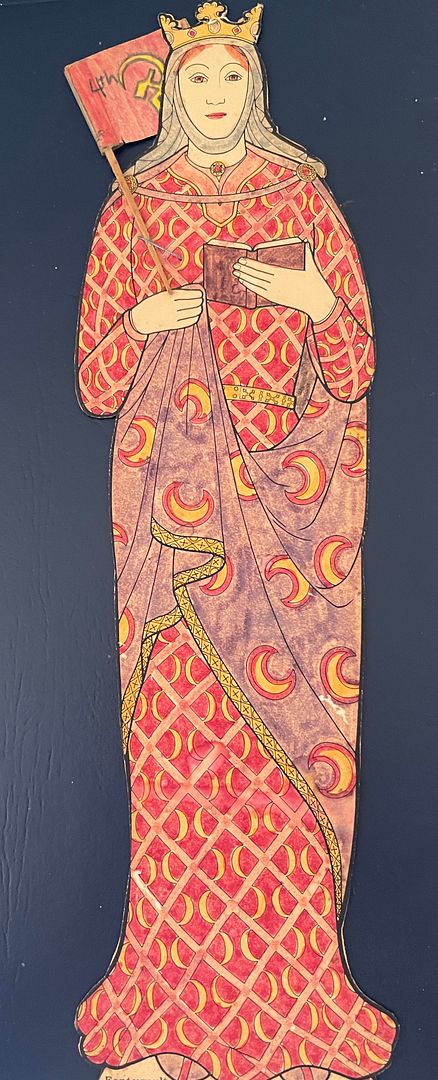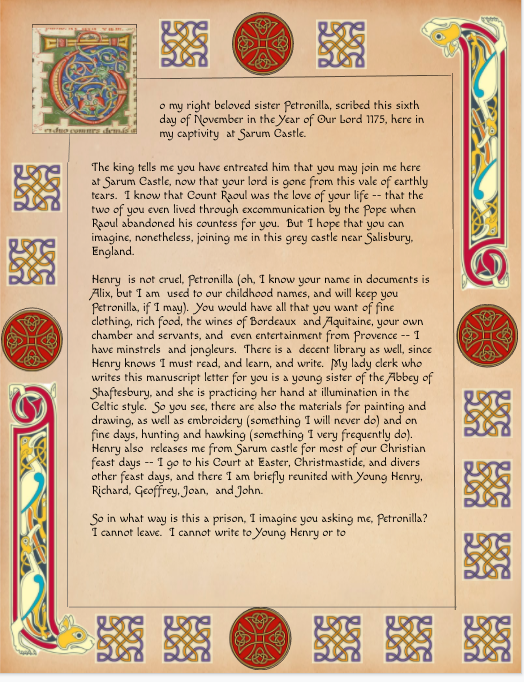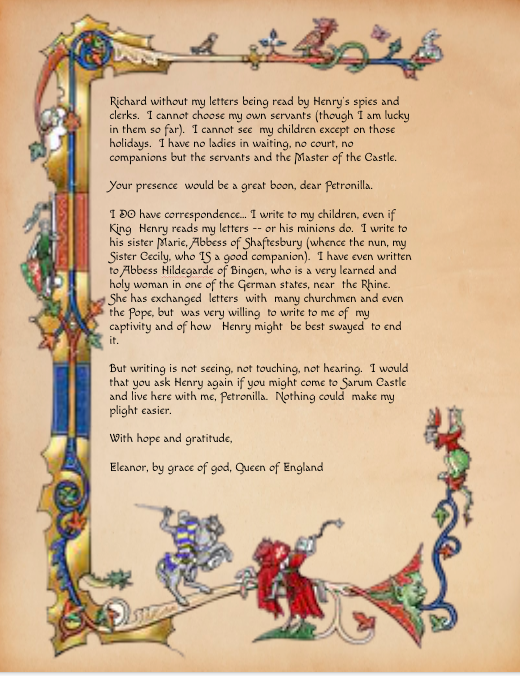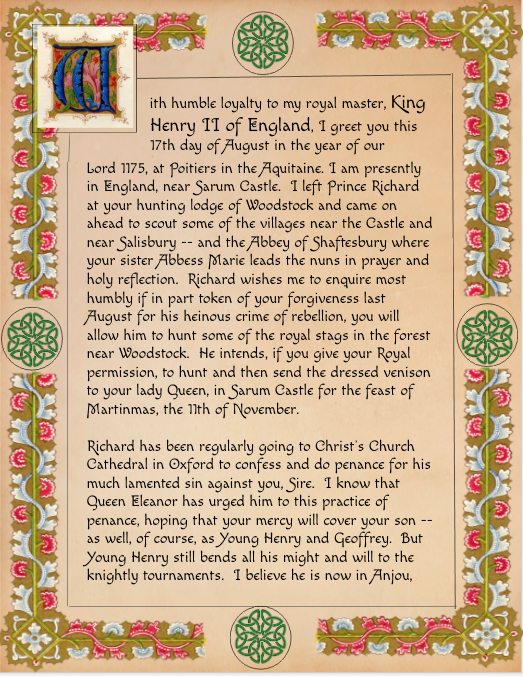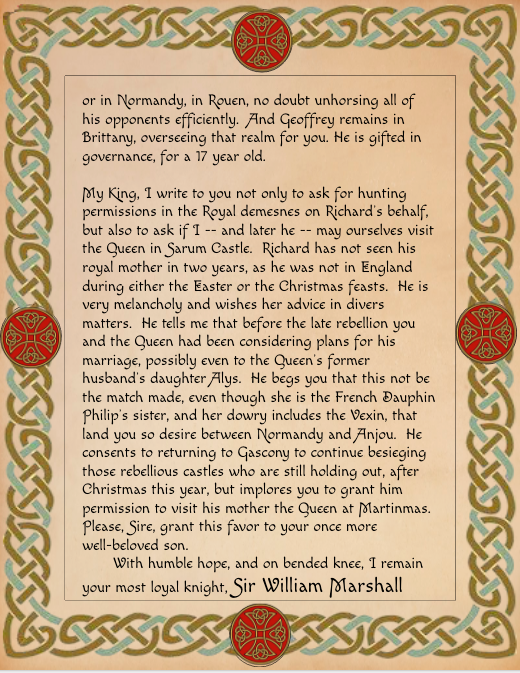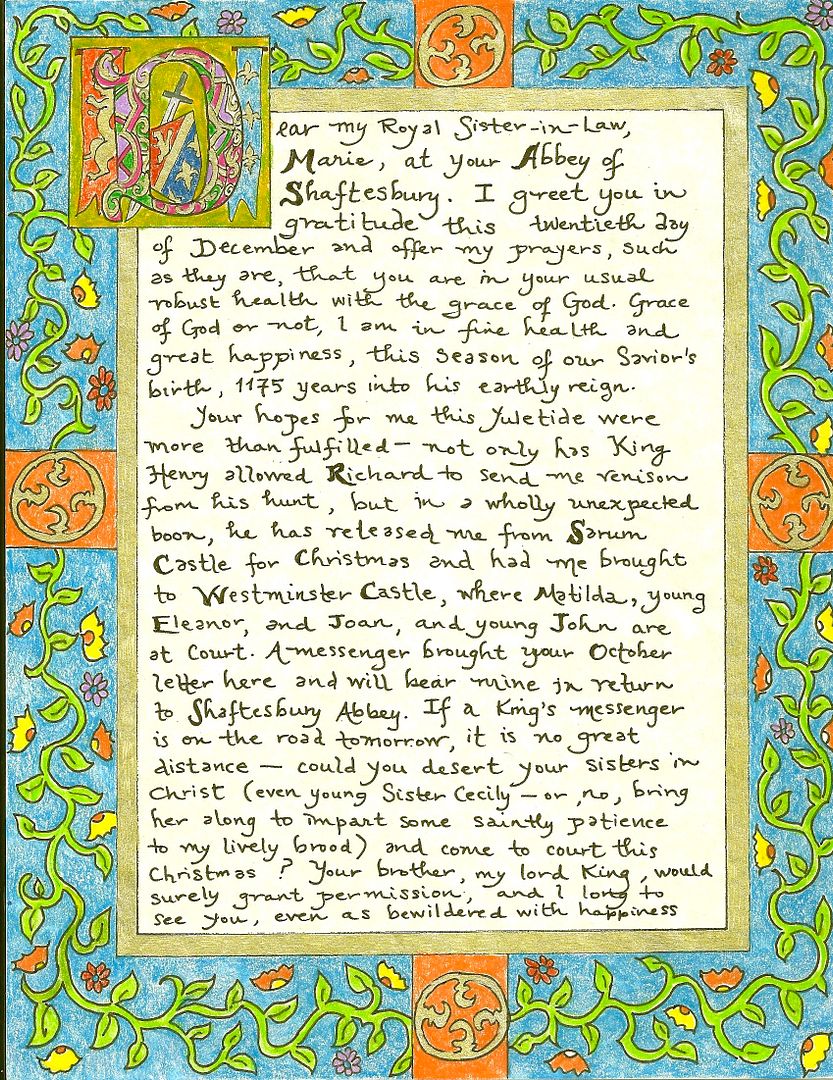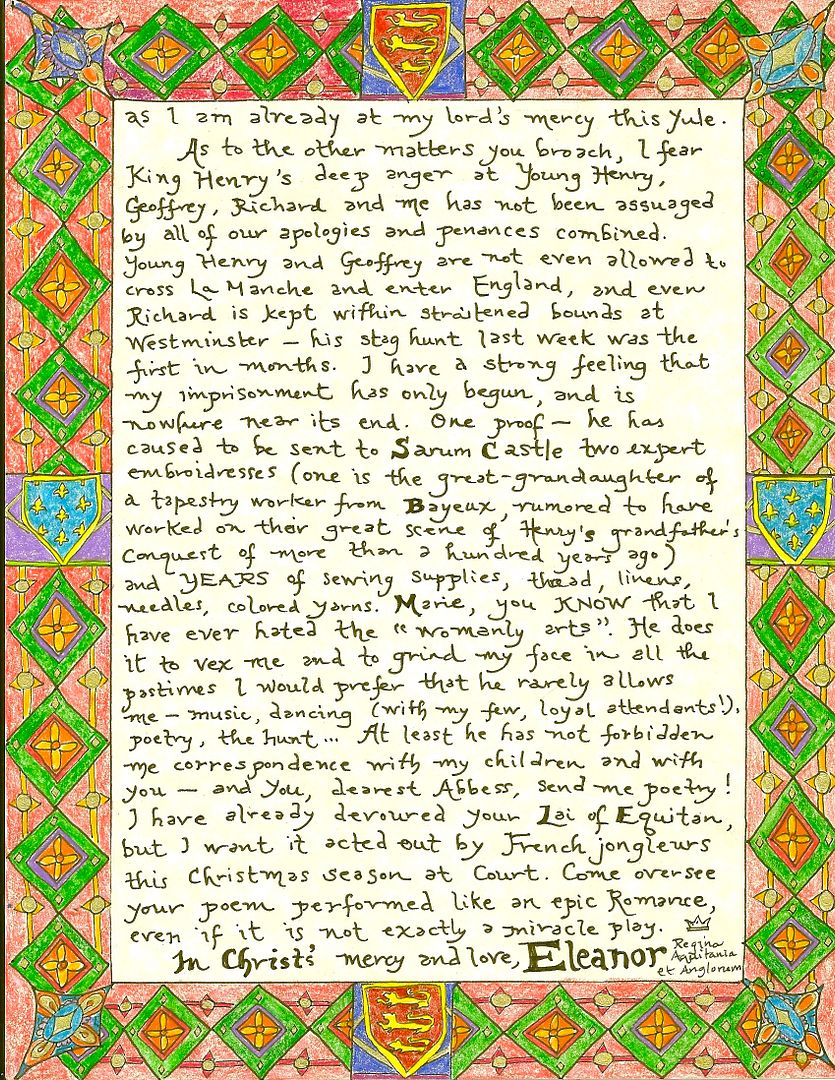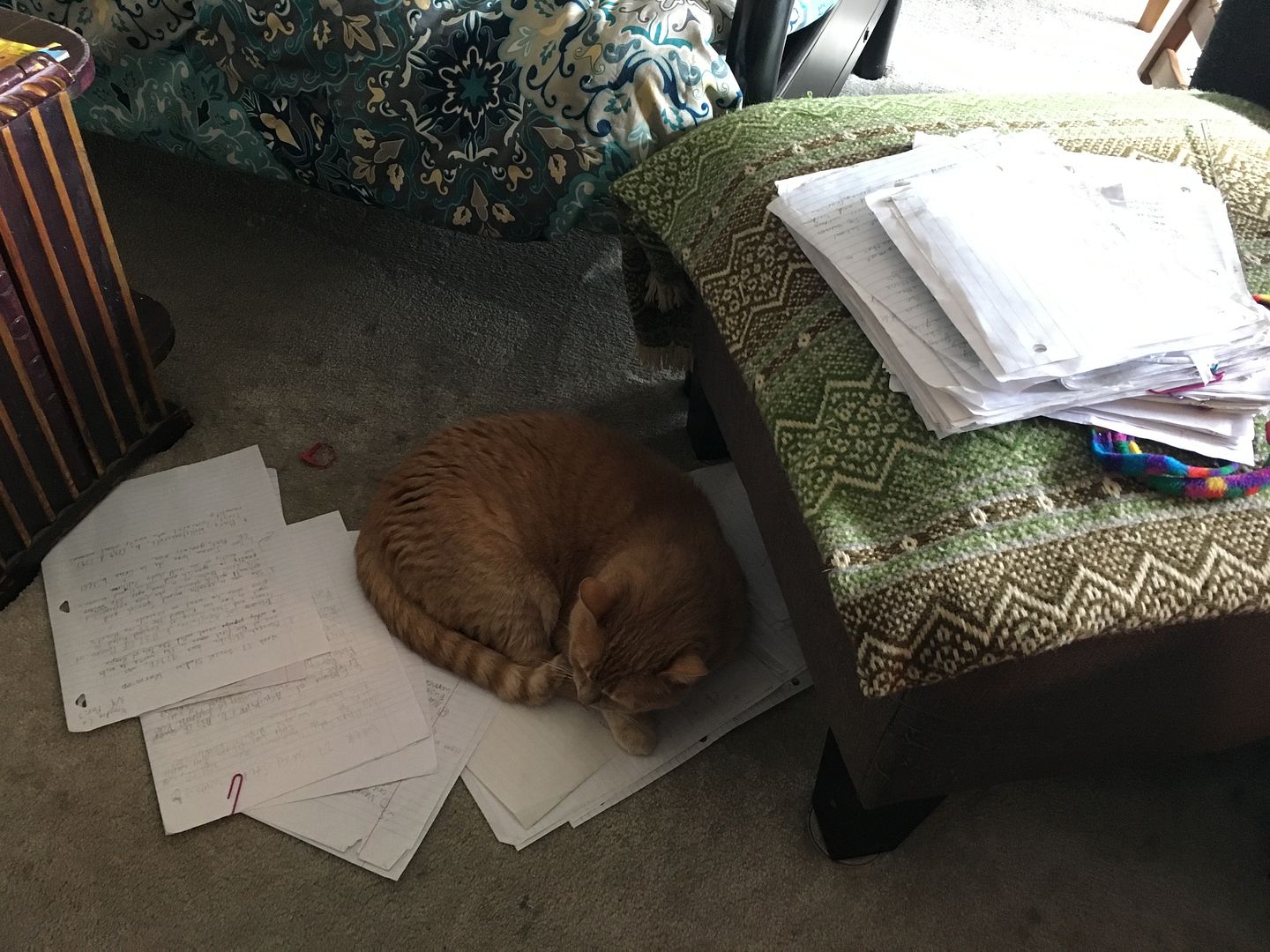I don’t have a whole lot of really early memories. It’s a question I pose once a year to my middle school students – “what is a strong very early memory you have – and if you have family photos of it, it might not be your memory, but your family’s”. But many of my early memories are of my father.
Possibly the first strong memory I have is when I was three or four. We lived on West Main Street in Madison, Wisconsin, and the first floor flat was tiny – a living room, a kitchen, and one bedroom and a bathroom. I slept in an iron-barred crib, separated from my parents’ bed by a green and white India print improvised curtain.
I think this may be a memory of something I did more than once. I remember that after I learned to climb over the bars down to the floor, on nights that friends and fellow activists were over, I would sneak out of my crib and go stand quietly in the entry to the living room, concealed, mostly, by another India print curtain, and I would eavesdrop on the grownups and especially on my daddy and his passionate positions on the anti Vietnam War movement, on tactics and ways to build the antiwar movement. Eventually I would be caught, claim I needed a glass of water, and be returned to my crib.
My father frequently said that he was never wrong. I both waged an endless battle to find something he WAS wrong about, and implicitly believed it. He was never wrong, about anything. I built the highest, most polished, most ostentatious pedestal ever and placed him on it – to the point that even he finally tried to tell me to cool it, once I was a freshman in college. But I don’t think I recognized until my early thirties that no one at all, ever, should be on a pedestal, and that every single human being has feet of clay. So I know that he was not ALWAYS right… but he was still right an awful lot of the time, from his phenomenal memory for facts of all kinds to his instincts for politics, tactics, and strategy.
Children often become not what they are told to be, but what they see modeled for them. PQ never TOLD me I should be a socialist, stand up for unions and ordinary working people, look at how the world could be made fair and equal for all, regardless of difference. But he lived that life, and my sister and I absorbed it.
I remember that on the nights that my mother worked late, my father would make up a bedtime story before tucking me in. In 1970 those stories featured heroes like Che Guevara, Bernadette Devlin McAliskey, a leader of the Nationalist struggle for Civil Rights in the North of Ireland, and Tony Benn, a radical, maybe revolutionary leader in the British Labour Party. I was very surprised, once I was in my 20s, in Britain, to find that Benn was not a long-haired radical militant, but a white-haired Labour MP. He even went to the trouble of researching Russian revolutionary history to try to find (or invent) a Russian princess who sided with the Bolsheviks. I have no idea if this person was real, or not.
Possibly he was thinking of a real woman from the Russian upper class who was a revolutionary in the ‘teens, Inessa Armand. He named our black cat Inessa, anyway. My dad loved cats, and he always gave them interesting names – Inessa, for the revolutionary woman who had an affair with Lenin; Clio, for the Muse of History, Philo for Philo Judson, one of the founders of Evanston, Illinois, who laid out the streets and served as a Census Enumerator. Judson, also for Philo Judson. Three Burmese cats he bought as a gift for a friend were returned because Lee Steinberg’s parrot was scared of them. So the Burmese went on a second plane flight and he took two of them and gave my mom the other – He named one Exley after one of his favorite authors, Frederick Exley, one Frida after Frida Kahlo, and one Malcolm, after Malcolm X. His last little female Siamese was actually named by Mary – Jerusha, the wife of Philip Maxwell, one of the early notables in Lake Geneva. But PQ, having a very strong sense of aesthetics, enthusiastically endorsed the name
I also remember less political moments, like Sunday mornings in Madison when I was five or six years old and my dad would put me up on the back of his old black bicycle (no child seat – I would just carefully stick my legs out, and clutch his belt) and cycle off to look for a Sunday paper and occasionally go out to Sunday breakfast in a cafe on Williamson Street… not the Willy Bear Cafe – that opened later. Then he’d cycle back to Dickinson Street, a Sunday ritual observed. I remember one time, he bought a coconut and brought it home. He got Rachel and me to inspect it, feel it, smell it, thump it, shake it and hear the sloshing. Then he took a literal machete, whacked it open on the kitchen floor, gave us pieces of coconut, and finished his performance by telling us to look at his bicep and squeeze it, noting that it was the same size as the coconut.
Not long after that, he got laid off and blacklisted from the State Historical Society of Wisconsin, and while he was applying all over the place for jobs, he also got day work at the labor hall as a construction worker. He’d been trained by his uncle (and used as forced labor) as a kid, but if he was lucky enough to be chosen to work that day, he would be doing the unskilled heavy labor. Every night when he came home, I would unlace his work boots, tug them off and put them away, hang up his yellow hard hat, and then get a beer and popcorn for him while he sat, exhausted, in his black vinyl armchair, watching the evening news.
I remember him talking about how much he wanted to follow where the Rand McNally maps showed the highways going when he was a little kid in Lake Geneva, but how he never traveled further away than Chicago and Milwaukee, for baseball games, until he was in high school and went on his senior trip. He was determined that my sister and I would learn about the United States and about other places in the world through travel (I mean, as much as he could afford). We went on long car vacations every August from when I was a toddler until my parents’ split. By 1978, we had traveled to 38 states and most of the Canadian provinces, and one of the two remaining French territories in Canadian waters, St. Pierre. Otherwise, he introduced us to the idea of other cultures by having us go out to eat almost every Friday night to a different cheap storefront restaurant in Chicago, each time a different cuisine. Yes, Chinese and Italian and Mexican and Greek, but also German and Polish, El Salvadoran and Puerto Rican, Korean and Vietnamese, Japanese and Thai, Cambodian and Irish, Portuguese and Persian, Lebanese and Pakistani and Indian.
My dad had a mania for getting us to memorize facts like the fifty states and their capitals, quizzing me relentlessly. He would ask both of us random fact questions all the time – making us into excellent takers and passers of standardized tests. And almost every Christmas gift he gave me was educational – a globe, an enormous illustrated dictionary, a one volume children’s encyclopedia which I was still using sometimes in middle school. He crowned this when I was a sophomore in college, leaving for England to do my Junior Year Abroad – I went two months before the October start of the school year, and just before my departure, he gave me a six week Eurail pass, which I used to travel, by myself, to Paris, Amsterdam, Stockholm, Gdansk in Poland, Paris again, Parma and Venice, in Italy, Paris again, Oviedo in Spain, Lisboa in Portugal, and finally back to England.
My dad thought his daughters were the most brilliant, the most beautiful, the most political, the most everything. He was overwhelmingly proud of us – and later, of his granddaughters, also the most brilliant, the most beautiful, the most political, the most everything.
One of my dad’s friends in Mexico, Peter Gellert, quoted the playwright and poet Bertolt Brecht to describe PQ’s life:
“In Praise of the Fighters”
There are men who struggle for a day and they are good.
There are men who struggle for a year and they are better.
There are men who struggle many years, and they are better still.
But there are those who struggle all of their lives:
These are the indispensable ones.”
I would add one more Brecht poem, illustrating the attitude to history which PQ passed on to his daughters and granddaughters:
“Who built Thebes of the seven gates?
In the books you will find the name of kings.
Did the kings haul up the lumps of rock?
And Babylon, many times demolished.
Who raised it up so many times? In what houses
Of gold-glittering Lima did the builders live?
Where, the evening that the Wall of China was finished
Did the masons go? Great Rome
Is full of triumphal arches. Who erected them? Over whom
Did the Caesars triumph? Had Byzantium, much praised in song,
Only palaces for its inhabitants? Even in fabled Atlantis
The night the ocean engulfed it
The drowning still bawled for their slaves.”
When Patrick Quinn said that he believed the wave of genealogy sparked by Alex Haley’s Roots offered the bricks and mortar of a new social history, he was also echoing his belief in the strength, worth, and future of working people:
“Nothing’s too good for the working class”
Possibly the first strong memory I have is when I was three or four. We lived on West Main Street in Madison, Wisconsin, and the first floor flat was tiny – a living room, a kitchen, and one bedroom and a bathroom. I slept in an iron-barred crib, separated from my parents’ bed by a green and white India print improvised curtain.
I think this may be a memory of something I did more than once. I remember that after I learned to climb over the bars down to the floor, on nights that friends and fellow activists were over, I would sneak out of my crib and go stand quietly in the entry to the living room, concealed, mostly, by another India print curtain, and I would eavesdrop on the grownups and especially on my daddy and his passionate positions on the anti Vietnam War movement, on tactics and ways to build the antiwar movement. Eventually I would be caught, claim I needed a glass of water, and be returned to my crib.
My father frequently said that he was never wrong. I both waged an endless battle to find something he WAS wrong about, and implicitly believed it. He was never wrong, about anything. I built the highest, most polished, most ostentatious pedestal ever and placed him on it – to the point that even he finally tried to tell me to cool it, once I was a freshman in college. But I don’t think I recognized until my early thirties that no one at all, ever, should be on a pedestal, and that every single human being has feet of clay. So I know that he was not ALWAYS right… but he was still right an awful lot of the time, from his phenomenal memory for facts of all kinds to his instincts for politics, tactics, and strategy.
Children often become not what they are told to be, but what they see modeled for them. PQ never TOLD me I should be a socialist, stand up for unions and ordinary working people, look at how the world could be made fair and equal for all, regardless of difference. But he lived that life, and my sister and I absorbed it.
I remember that on the nights that my mother worked late, my father would make up a bedtime story before tucking me in. In 1970 those stories featured heroes like Che Guevara, Bernadette Devlin McAliskey, a leader of the Nationalist struggle for Civil Rights in the North of Ireland, and Tony Benn, a radical, maybe revolutionary leader in the British Labour Party. I was very surprised, once I was in my 20s, in Britain, to find that Benn was not a long-haired radical militant, but a white-haired Labour MP. He even went to the trouble of researching Russian revolutionary history to try to find (or invent) a Russian princess who sided with the Bolsheviks. I have no idea if this person was real, or not.
Possibly he was thinking of a real woman from the Russian upper class who was a revolutionary in the ‘teens, Inessa Armand. He named our black cat Inessa, anyway. My dad loved cats, and he always gave them interesting names – Inessa, for the revolutionary woman who had an affair with Lenin; Clio, for the Muse of History, Philo for Philo Judson, one of the founders of Evanston, Illinois, who laid out the streets and served as a Census Enumerator. Judson, also for Philo Judson. Three Burmese cats he bought as a gift for a friend were returned because Lee Steinberg’s parrot was scared of them. So the Burmese went on a second plane flight and he took two of them and gave my mom the other – He named one Exley after one of his favorite authors, Frederick Exley, one Frida after Frida Kahlo, and one Malcolm, after Malcolm X. His last little female Siamese was actually named by Mary – Jerusha, the wife of Philip Maxwell, one of the early notables in Lake Geneva. But PQ, having a very strong sense of aesthetics, enthusiastically endorsed the name
I also remember less political moments, like Sunday mornings in Madison when I was five or six years old and my dad would put me up on the back of his old black bicycle (no child seat – I would just carefully stick my legs out, and clutch his belt) and cycle off to look for a Sunday paper and occasionally go out to Sunday breakfast in a cafe on Williamson Street… not the Willy Bear Cafe – that opened later. Then he’d cycle back to Dickinson Street, a Sunday ritual observed. I remember one time, he bought a coconut and brought it home. He got Rachel and me to inspect it, feel it, smell it, thump it, shake it and hear the sloshing. Then he took a literal machete, whacked it open on the kitchen floor, gave us pieces of coconut, and finished his performance by telling us to look at his bicep and squeeze it, noting that it was the same size as the coconut.
Not long after that, he got laid off and blacklisted from the State Historical Society of Wisconsin, and while he was applying all over the place for jobs, he also got day work at the labor hall as a construction worker. He’d been trained by his uncle (and used as forced labor) as a kid, but if he was lucky enough to be chosen to work that day, he would be doing the unskilled heavy labor. Every night when he came home, I would unlace his work boots, tug them off and put them away, hang up his yellow hard hat, and then get a beer and popcorn for him while he sat, exhausted, in his black vinyl armchair, watching the evening news.
I remember him talking about how much he wanted to follow where the Rand McNally maps showed the highways going when he was a little kid in Lake Geneva, but how he never traveled further away than Chicago and Milwaukee, for baseball games, until he was in high school and went on his senior trip. He was determined that my sister and I would learn about the United States and about other places in the world through travel (I mean, as much as he could afford). We went on long car vacations every August from when I was a toddler until my parents’ split. By 1978, we had traveled to 38 states and most of the Canadian provinces, and one of the two remaining French territories in Canadian waters, St. Pierre. Otherwise, he introduced us to the idea of other cultures by having us go out to eat almost every Friday night to a different cheap storefront restaurant in Chicago, each time a different cuisine. Yes, Chinese and Italian and Mexican and Greek, but also German and Polish, El Salvadoran and Puerto Rican, Korean and Vietnamese, Japanese and Thai, Cambodian and Irish, Portuguese and Persian, Lebanese and Pakistani and Indian.
My dad had a mania for getting us to memorize facts like the fifty states and their capitals, quizzing me relentlessly. He would ask both of us random fact questions all the time – making us into excellent takers and passers of standardized tests. And almost every Christmas gift he gave me was educational – a globe, an enormous illustrated dictionary, a one volume children’s encyclopedia which I was still using sometimes in middle school. He crowned this when I was a sophomore in college, leaving for England to do my Junior Year Abroad – I went two months before the October start of the school year, and just before my departure, he gave me a six week Eurail pass, which I used to travel, by myself, to Paris, Amsterdam, Stockholm, Gdansk in Poland, Paris again, Parma and Venice, in Italy, Paris again, Oviedo in Spain, Lisboa in Portugal, and finally back to England.
My dad thought his daughters were the most brilliant, the most beautiful, the most political, the most everything. He was overwhelmingly proud of us – and later, of his granddaughters, also the most brilliant, the most beautiful, the most political, the most everything.
One of my dad’s friends in Mexico, Peter Gellert, quoted the playwright and poet Bertolt Brecht to describe PQ’s life:
“In Praise of the Fighters”
There are men who struggle for a day and they are good.
There are men who struggle for a year and they are better.
There are men who struggle many years, and they are better still.
But there are those who struggle all of their lives:
These are the indispensable ones.”
I would add one more Brecht poem, illustrating the attitude to history which PQ passed on to his daughters and granddaughters:
“Who built Thebes of the seven gates?
In the books you will find the name of kings.
Did the kings haul up the lumps of rock?
And Babylon, many times demolished.
Who raised it up so many times? In what houses
Of gold-glittering Lima did the builders live?
Where, the evening that the Wall of China was finished
Did the masons go? Great Rome
Is full of triumphal arches. Who erected them? Over whom
Did the Caesars triumph? Had Byzantium, much praised in song,
Only palaces for its inhabitants? Even in fabled Atlantis
The night the ocean engulfed it
The drowning still bawled for their slaves.”
When Patrick Quinn said that he believed the wave of genealogy sparked by Alex Haley’s Roots offered the bricks and mortar of a new social history, he was also echoing his belief in the strength, worth, and future of working people:
“Nothing’s too good for the working class”
